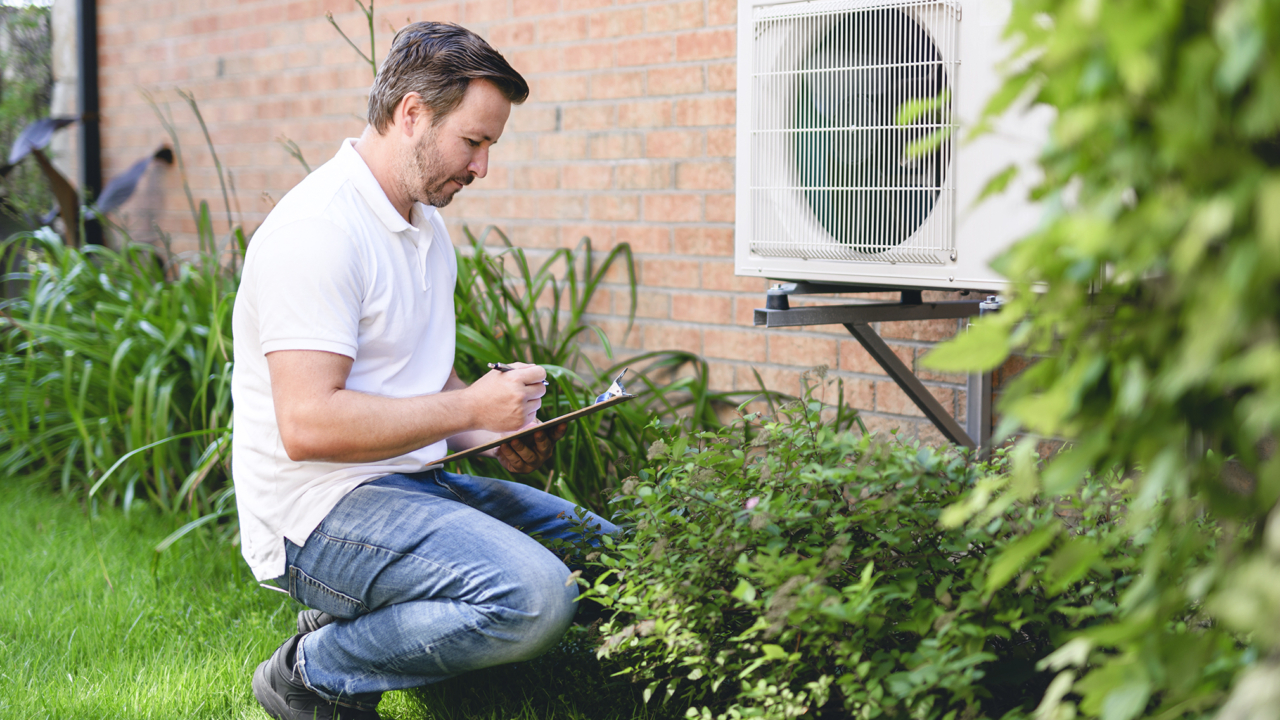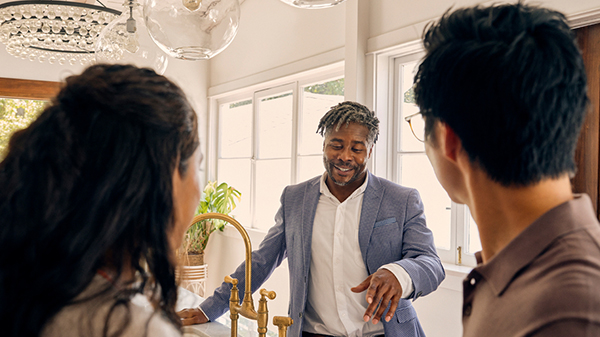Buying a House Before Selling Your Own
Buying before selling can be convenient — but expensive. Here's what you need to know.


Written by Tali Bendzak on November 25, 2019
In this article:
- Benefits of buying a home before selling
- Is buying a new house before selling the old one cost-effective?
- Tips for buying a house before selling yours
When buying and selling are both on your to-do list, it can be hard to know what to do first. In this article, we'll talk about buying before selling — that is, going through the complete purchase process on a new home before listing your current home. It's not the same as buying and selling at the same time, and it's not for everyone — buying before selling requires a lot of financial flexibility.
Benefits of buying a home before selling
Buying before selling is far less common, but it can be beneficial if you have the financial means to make it happen. Here are the key benefits of buying first:
Time to find the right home
Buying first allows you to focus on just one transaction at a time. Instead of rushing through the buying process to find somewhere to live before your sale closes, you can take your time to find the perfect house.
Time to remodel the new home
Since you still have somewhere to live, you can take time to remodel or customize your new home while staying in your old place, instead of immediately moving in and living in a construction zone.
Opportunity to stage your current home
Since you'll already have somewhere else to live by the time you list, you can stage your home without worrying about living there while it's on the market. Making repairs, painting, completing small upgrades, and staging with tasteful decor and furniture can help you sell faster. According to the Real Estate Staging Association, unstaged homes spend an average of 184 days on the market before selling. But homes staged prior to listing sold in just 23 days — 8 times faster.
Avoid purchasing with a contingent offer
When you buy before listing your current home, you can treat the two transactions completely separately, just as you would a vacation home or rental property. This allows you to avoid submitting a contingent offer when buying, which tells the seller that you can buy their home only if your home sells first. In a competitive market, attempting to buy with a contingency can make your offer less attractive, as sellers would rather work with buyers who can close quickly and without complication.
Avoid additional interim costs
You won't have to worry about things like paying for an additional move into temporary housing, with costs that can include professional movers, storage costs and short-term rent.
Is buying a new house before selling the old one cost-effective?
If you can afford a second mortgage and currently live in a sellers market where homes sell quickly, it can be cost-effective to buy a new home first. It all comes down to your liquid savings, how you plan to finance the second home and your income.
Qualifying for an additional mortgage
There's no rule against purchasing a new home before selling your old home, but if you'll be taking out a new mortgage, your first step should be making sure you qualify.
Anytime you apply for a mortgage, the lender will calculate your debt-to-income ratio, meaning your total debt obligation every month compared to how much income you earn. Most lenders require that your monthly debt obligations total no more than 43% of your gross income. If you have a mortgage on your first home, that monthly payment will be included in your debt-to-income ratio, which can make it challenging to qualify for a second loan.
Funding the down payment
Many sellers use the proceeds from the sale of their previous home to fund the purchase of their new home, either by selling first or by including a home sale contingency in their purchase contract. If your goal is to buy first, without selling, you'll have to get creative with how you pay for your down payment — unless you already have plenty of cash on hand.
For standard conventional loans, you'll need at least 10% of the home purchase price as the down payment, although some lenders may require a full 20%. Here are some common ways people access the cash they need to fund their down payment.
Retirement funds
Taking out a loan backed by your 401k is sometimes an option, although the IRS does restrict how much you can borrow. To find out the maximum amount you can borrow, take the greater of $10,000 or 50% of your vested account balance. However, the amount borrowed cannot exceed $50,000.
Due to IRS restrictions, potential tax implications and rules enforced by your plan administrator, your first step should always be consulting your tax professional or financial adviser.
Cash-out refinance
In a cash-out refinance, you refinance your home into a new loan, but you borrow more than what you currently owe, which allows you to withdraw some of the equity you’ve accrued without having to sell. Like any refinance, a cash-out refinance can cost you a pretty penny in closing costs, so this path may only make sense if you are borrowing enough money that it’s worth all the fees you’ll pay.
Home equity line of credit (HELOC)
A home equity line of credit is a revolving line of credit, secured by the equity on your home. Note that if your home is already on the market, you may not qualify for a HELOC. If you go this route, watch for fees.
Financial gift from a friend or family
Down payment money from a friend or family member must be considered a gift, not a loan, and you'll have to put that fact in writing with your lender. Some lenders won't let you pay your full down payment with a gift, so check with your mortgage broker. And make sure the person gifting the money is aware of the tax implications — financial gifts over a certain threshold are subject to taxes.
Tips for buying a house before selling yours
Once you've purchased your new home, you'll want to sell your old home as soon as possible to avoid paying two mortgages for an extended period of time. Consider these tips.
Figure out how long it will take to sell
How long it takes to sell your home depends on the state of your local real estate market, but expect it to be on the market for at least a few weeks. It then takes 30-45 days, on average, to close. During this entire time period, up until the closing date, you'll be responsible for the mortgage.
Rent instead of sell
Finding a renter is often faster than selling your house, so if you're eager to free up the money you're spending on your first home's mortgage every month, consider finding renters instead. You can even offer a short-term or month-to-month lease if you plan on selling in the near future.
Tags
A local agent can help you stay competitive on a budget.
They’ll help you get an edge without stretching your finances.
Talk with a local agent


